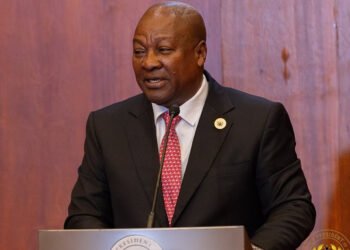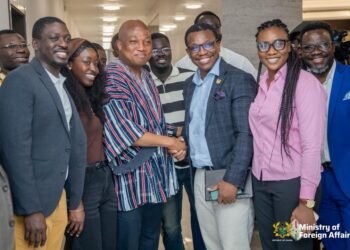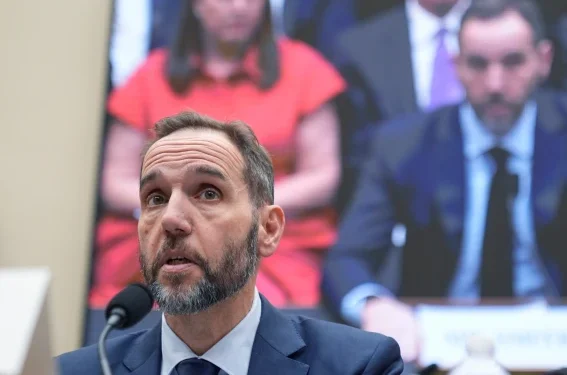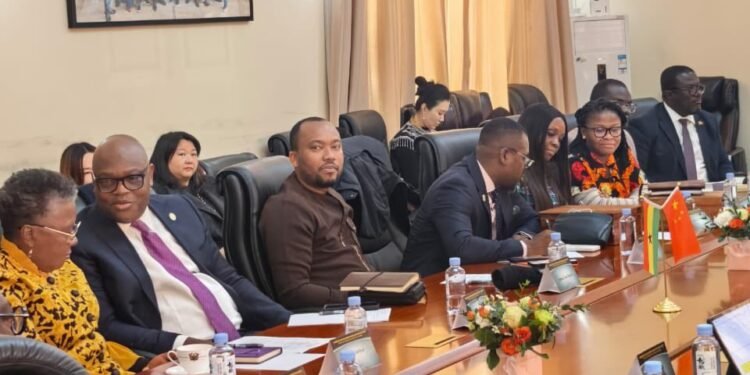Prof. Stephen Kwaku Asare, a renowned legal scholar and Democracy and Development Fellow at CDD-Ghana, has strongly emphasized the need for the ORAL (Operation Recover All Loot) initiative to succeed in its mission to retrieve stolen state funds and resources.
Speaking on the critical importance of this initiative, Prof. Asare stated that while there is a broad consensus on Ghana’s urgent need for infrastructure, many citizens fail to connect the lack of development to the looting of public resources that should have financed key projects such as roads, schools, and hospitals.
“And so, we lament the lack of development while resisting the recovery of the stolen resources that could finance it. Some have even gone further, proudly serving as OVAL lieutenants—validating looters and attacking recovery.
“Loot recovery is not new. Nor is it partisan. Every regime, civilian or military, has embraced it in words, if not in deeds. Our own Constitution elevates ‘probity’ and ‘accountability’ as national values. The problem has always been execution.”
Prof. Stephen Kwaku Asare
The legal expert recounted Ghana’s history of failed attempts to combat corruption, explaining that while successive governments have launched initiatives to recover looted state assets, they have often ended in scandal or political manipulation.
He cited the example of the 1966 coup that overthrew Kwame Nkrumah, after which the National Liberation Council (NLC) established Loot Recovery Commissions to seize assets from corrupt officials.
However, the integrity of the process was soon questioned when the chairman, General Ankrah, resigned amidst bribery allegations.
Similarly, Prof. Asare recalled that Prime Minister Kofi Abrefa Busia’s government created Justice Anin’s Commission to examine whether corruption had become entrenched as a social norm.
However, allegations of profiteering within Busia’s own administration weakened its credibility and contributed to the 1972 coup.
During the Acheampong and Akuffo eras, “kalabule”, a term for corruption and black-market dealings, became a household word.
Public anger at pervasive corruption eventually fueled the 1979 uprising, which led to the executions of former heads of state and senior military officers.
Prof. Asare added that later governments also failed to break the cycle. Dr. Hilla Limann’s presidency, though personally clean, was marred by accusations of corruption among his aides.
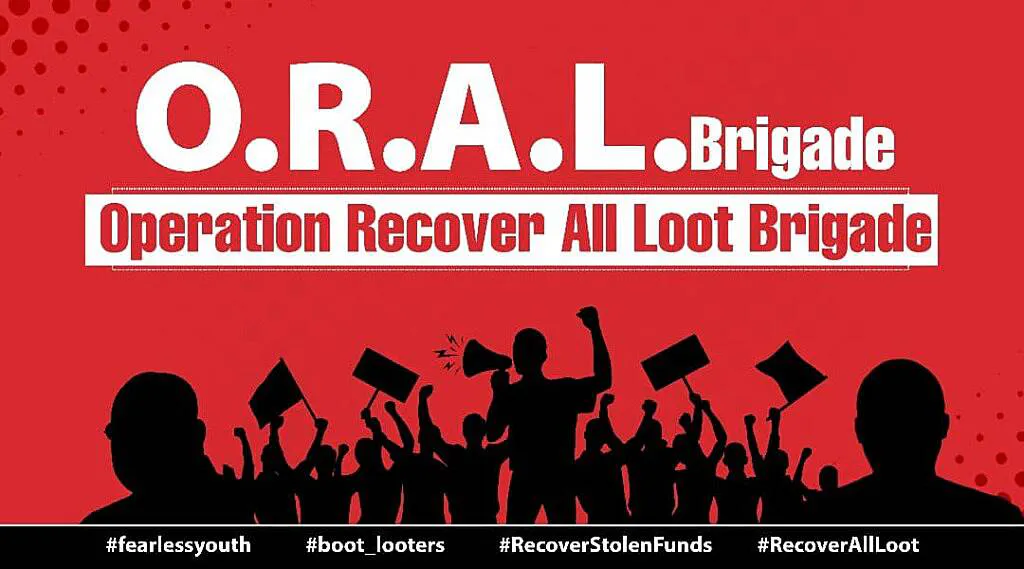
The PNDC came to power under the slogans of “probity and accountability,” but later faced its own controversies involving state asset divestitures.
“The Fourth Republic has followed the same pattern. Kufuor’s ‘Zero Tolerance for Corruption’ (ZeTCo) fizzled amid scandals. Mills, intolerant of graft, personally stormed Tema Port and created EOCO.
“But looting didn’t abate. Akufo-Addo pledged to fight corruption ‘the Anas way’ but left citizens disillusioned. Mahama has now promised ORAL (Operation Recover ALL Loot).”
Prof. Stephen Kwaku Asare
Why ORAL Must Succeed
Prof. Asare further underscored that the ORAL initiative represents a historic opportunity to finally reverse the pattern of failure and restore public confidence in governance.
“The cycle is clear: grand promises, selective enforcement, fresh scandals, and eventual collapse. This is why we must come together to help ORAL succeed.”
Prof. Stephen Kwaku Asare
According to him, Ghana now possesses stronger tools than ever before to combat corruption, including the Auditor-General’s surcharge powers, the Economic and Organised Crime Office (EOCO), the Office of the Special Prosecutor (OSP), beneficial ownership laws, digital financial trails, and the power of social media for transparency.
“ORAL is not a political weapon. It is a national project. It belongs to no party. It belongs to the country. And if we treat it as such, it can finally succeed. ”
Prof. Stephen Kwaku Asare

Accordingly, Prof. Asare outlined a comprehensive plan to ensure ORAL delivers results. He advised the government to foster collaboration among all anti-corruption agencies, avoiding turf wars and instead leveraging each institution’s expertise.
He suggested the creation of an ORAL Tracker, a public online platform displaying the amount of loot recovered, who paid it, and which development projects it funded.
This, he said, would provide real-time accountability and keep citizens engaged.
Additionally, he urged the use of the Auditor-General’s constitutional powers to surcharge wrongdoers swiftly. “Recover first,” he said, advocating the freezing and seizure of stolen assets before lengthy court trials.
Prof. Asare also called for the establishment of special anti-looting courts to expedite cases and streamline asset recovery, noting that current legal procedures favor looters over the state.
He emphasized the importance of protecting whistleblowers who expose corruption while warning against secret deals with looters. “Returning loot to avoid prosecution must be a no-no,” he stressed.
Other recommendations included publishing all major government contracts to curb corruption, holding enablers such as auditors and bankers accountable, and visibly using recovered funds to finance tangible projects like schools and clinics marked with signs reading “Built with Recovered Loot.”
A Call To National Action
Prof. Asare wrapped up his remarks by emphasizing that Ghanaians should see ORAL as a constitutional responsibility rather than a political agenda.

He explained that individuals who have acted with integrity have nothing to fear, but those who have misappropriated public funds must understand that the days of impunity are coming to an end.
He stressed that the initiative must be about justice, not vengeance or political witch-hunts, and called for transparency and discipline throughout the process.
“Looters thrive in darkness; citizens thrive on facts. This time, let us light up the process with transparency, discipline, and relentless focus. Let us make ORAL succeed—not for one government, but for the country.”
Prof. Stephen Kwaku Asare
READ ALSO: Ghana Bleeds $100m Annually as Raw Rubber Exports Rob Economy of Jobs & Revenue





